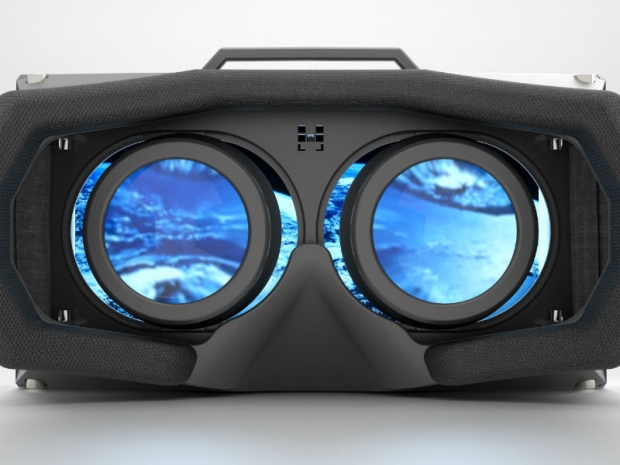VR will be reserved for deep pocketed gamers
These cards sell for around $300 if not more, and we are sure that the card such as Geforce Titan or Radeon Fiji HBM card will do even better, but they will triple the money you have to spend on a VR rig.
Many will be disappointed that some very popular cards, such as the Radeon R9 285 or Geforce GTX 960 are not on the list of minimum hardware requirements, but then again, we keep hearing that Oculus VR might cost some series money, probably significantly more than the minimum required cards.
Atman Binstock, the Chief Architect at Oculus and technical director of Rift, also mentions that you need at least an Intel i5-4590 equivalent or greater and 8GB+ RAM. The Oculus spec doesn’t mention which AMD processor is recommended. The operating system of a choice is Windows 7 SP1 or newer, implying that Windows 8.1 and Windows 10 will work just fine. The machine needs two USB 3.0 ports and HDMI 1.3 video output supporting a 297MHz clock via direct output architecture. Linux and OS X support will come at later time, but there is no exact timeline.
All in all, a good VR gaming rig will cost some serious money if you want to be an early adopter.
New hardware should help
We tried Crescent Bay, the last version of Oculus, and it works better than any previous version, but we still had an issue with the frame and head movement synchronization, something that will give you a headache. Each version was better than the last, so we can only hope that Oculus has solved this problem with the VR unit and software, since it plans to launch in early 2016. They still have six months to iron out the kinks, and we are sure that AMD and Nvidia are working hard to support Oculus VR, along with other VR technologies.
Keep in mind that 2016 brings second generation High Bandwidth Memory (HBM2), and that the frame buffer size will easily double, as well as the bandwidth. We expect that Nvidia’s 2016 GPU, codenamed Pascal, as well as AMD's Greenland will be an even better choice for both Oculus and HTC Re Vive Virtual reality glasses.
One can only hope that the Virtual Reality glasses will sell better than the 3D monitors, or 3D glasses. You should all known how the 3D push failed, but let's hope that Facebook can do a better job improving the next generation 3D experience.




